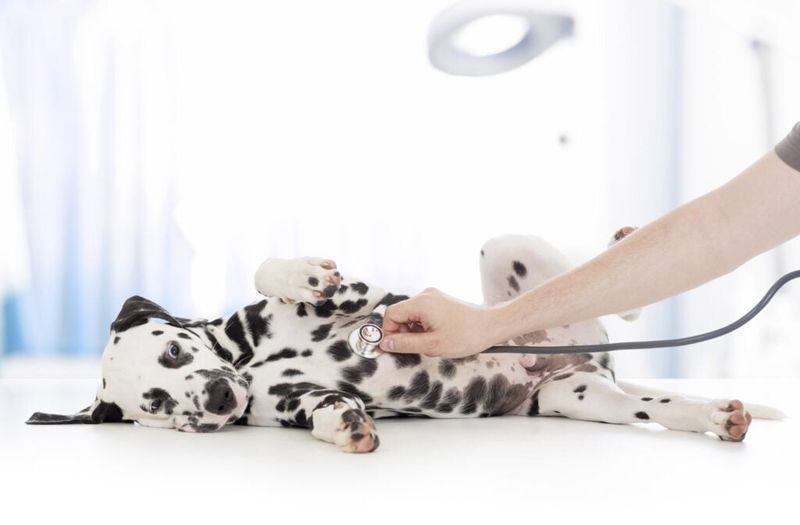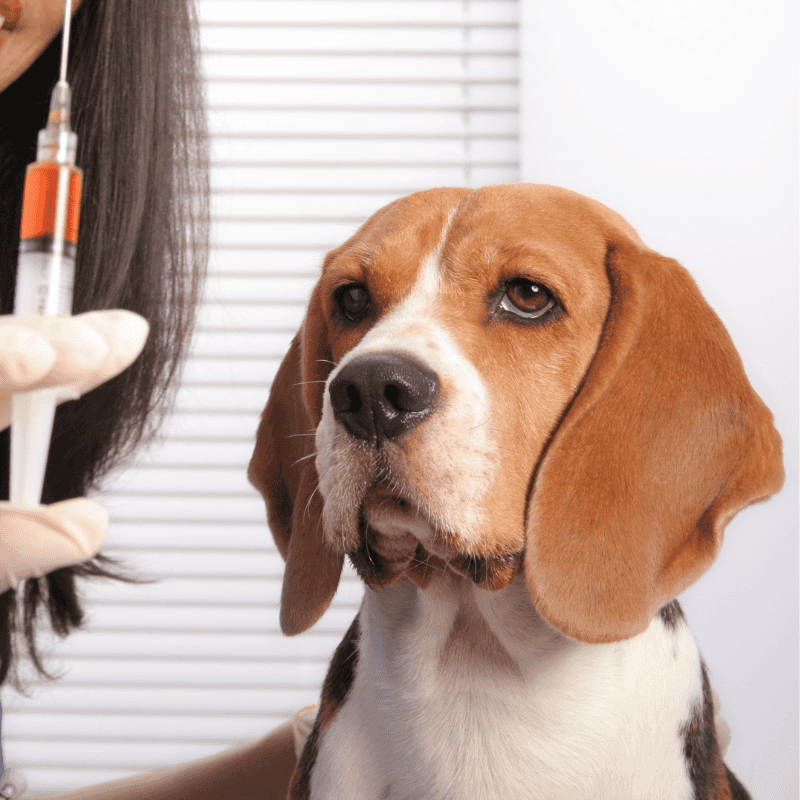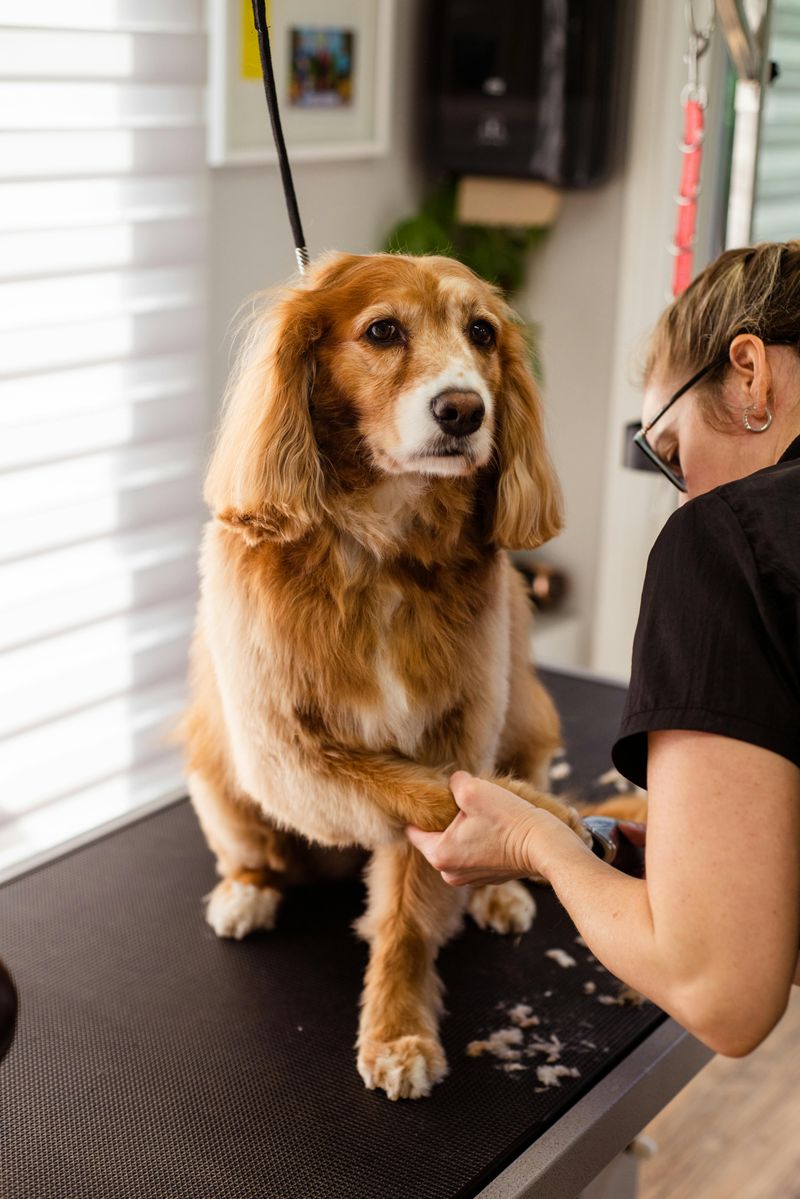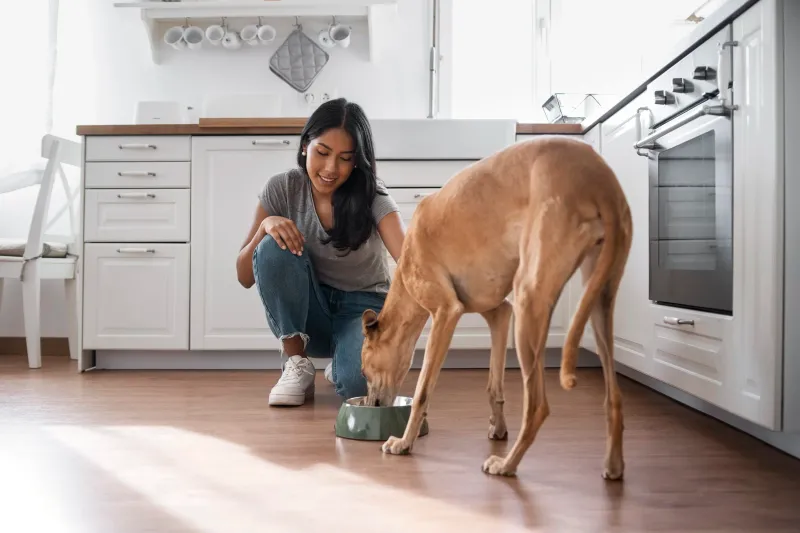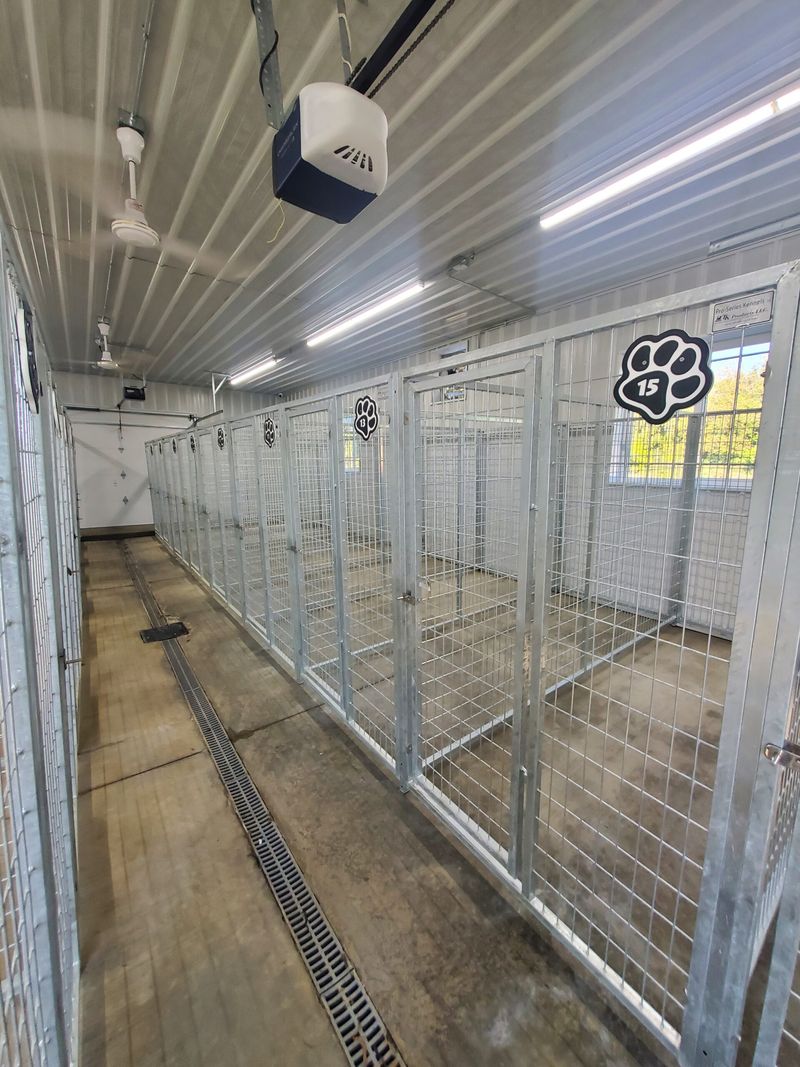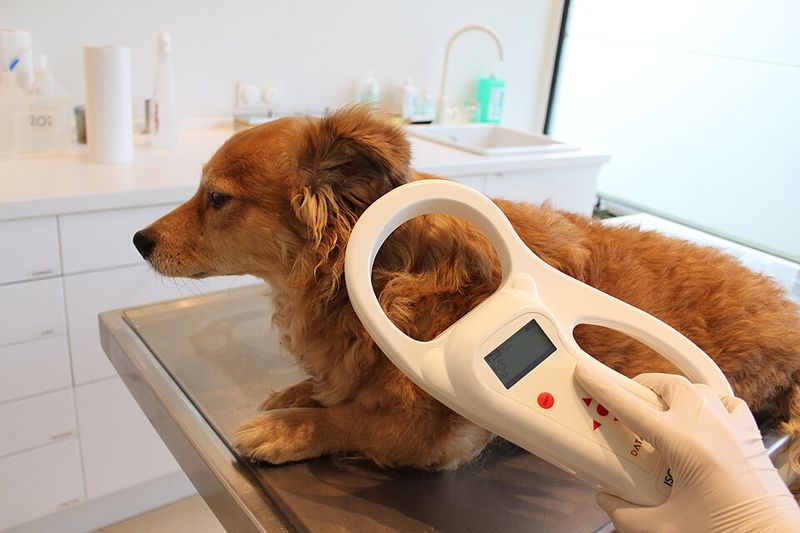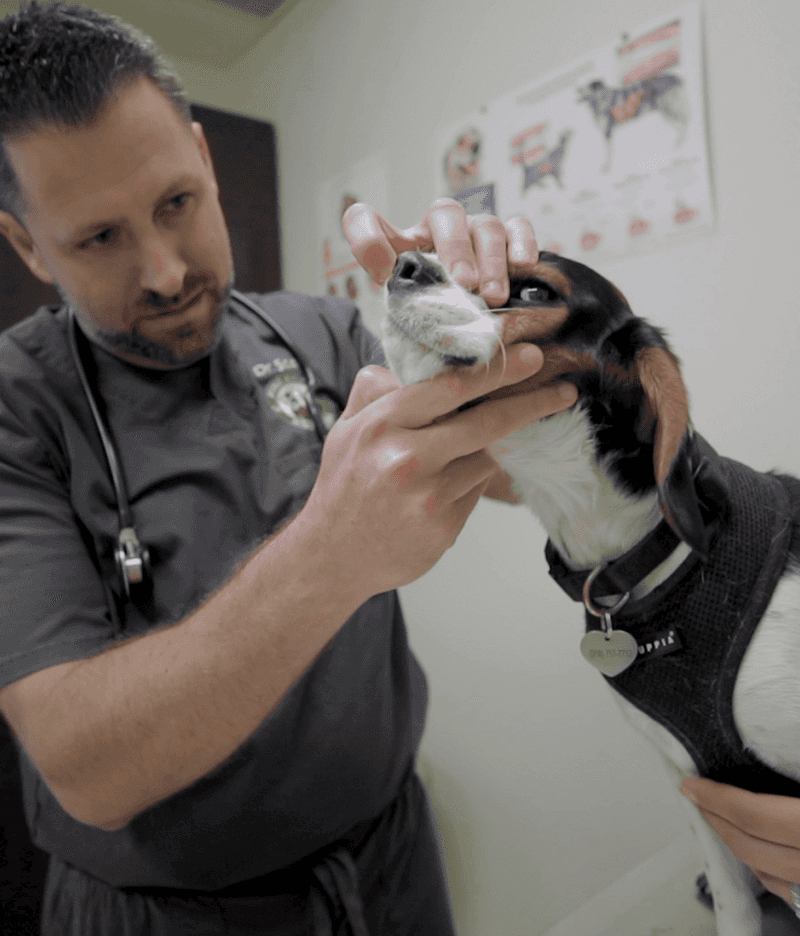Owning a dog is a joyous experience, but it comes with hidden costs many don’t anticipate. From healthcare to grooming, these expenses can add up unexpectedly.
Routine and Emergency Vet Visits
A routine vet visit might begin as a simple check-up, but add in unexpected emergencies and costs can soar. Imagine your playful pup swallowing something it shouldn’t. Suddenly, an emergency visit becomes inevitable.
Routine check-ups are crucial for maintaining your dog’s health, yet unforeseen circumstances like accidents or sudden illnesses can arise. Whether it’s a broken leg or an unexpected allergy outbreak, the bills can climb quickly.
Regular visits for vaccinations, dental cleanings, and health assessments are also necessary. These visits ensure your furry friend stays in optimal health, but they do come at a price.
Vaccinations and Preventive Medications
Keeping your dog healthy involves more than just love and attention. Vaccinations are key in preventing serious diseases. Regular shots for rabies, distemper, and parvovirus are essential.
Preventive medications, such as heartworm, flea, and tick preventatives, are also part of responsible pet ownership. These medications protect against common pests and illnesses that can cause discomfort or serious health issues.
While these preventive measures protect your pet, they add recurring costs. Ensuring your dog’s health through vaccines and medications is a long-term commitment that requires both time and money.
Professional Grooming and Coat Maintenance
Grooming is more than a luxury; it’s a necessity for many breeds. Whether it’s a Poodle’s regular trims or a Golden Retriever’s seasonal shedding, professional grooming keeps your dog looking and feeling its best.
Groomers provide services like bathing, nail trimming, and ear cleaning, which are essential for health and hygiene. For breeds with longer hair, regular grooming prevents matting and skin issues.
While some owners opt for DIY grooming, many find professional services save time and ensure quality. These sessions, however, are a recurring expense that can add up over time.
High-Quality Dog Food and Supplements
Diet plays a crucial role in your dog’s overall health. High-quality dog food may cost more upfront, but it’s a worthy investment for your pet’s well-being. Premium brands often offer balanced nutrition tailored to specific breeds or health needs.
Supplements, such as omega-3s for a shiny coat or joint support for older dogs, are frequently recommended by veterinarians. These supplements add additional monthly costs.
Choosing the right diet and supplements ensures your dog thrives and maintains energy levels. However, budget-conscious owners should prepare for these ongoing nutritional expenses.
Training Classes or Private Sessions
Training is crucial for a well-behaved dog, whether it’s basic obedience or more advanced commands. Group classes or private sessions can help address behavioral issues and teach important skills.
Investing in training builds a strong bond between you and your pet and ensures they’re well-mannered in various environments. For dogs with specific behavioral challenges, personalized sessions may be necessary.
These training sessions are not just a one-time cost; they can become a continuous investment, especially for puppies who require ongoing education to reinforce good habits.
Boarding and Pet-Sitting Services
Traveling without your dog requires finding a safe place for them to stay. Boarding facilities provide food, shelter, and playtime, but these services come at a cost.
For those who prefer personalized care, hiring a pet-sitter may be an option. This ensures your dog remains in a familiar environment, reducing stress during your absence.
Whether for a weekend getaway or an extended vacation, these services quickly add up. Planning for these expenses ensures your dog receives proper care while you’re away, offering peace of mind.
Licensing and Microchipping Fees
Licensing and microchipping are essential for responsible dog ownership. Most regions require dogs to be licensed annually, ensuring vaccinations are up-to-date.
Microchipping is a permanent form of identification, providing crucial information if your dog is lost. This small device, implanted under the skin, helps reunite owners with their pets.
These fees appear minimal compared to other expenses, but they add up over time. Ensuring your dog is both licensed and microchipped safeguards against potential legal and safety issues.
Replacement of Damaged Furniture or Items
Puppies are notorious for their mischievous nature, often leading to chewed-up shoes or gnawed furniture. While training can mitigate these behaviors, damage is sometimes inevitable.
Replacing items like carpets, shoes, or even remote controls becomes a part of life with a curious dog. For some, investing in more durable, pet-friendly furniture is a practical solution.
These unexpected costs can surprise new owners, but they’re part of the joy and chaos a pet brings. Embracing these quirks requires flexibility and a sense of humor about your pet’s antics.
Health Insurance for Pets
Pet health insurance is growing in popularity as owners seek ways to manage veterinary expenses. Policies vary but often cover accidents, illnesses, and routine care.
Selecting the right plan requires careful consideration of your dog’s breed, age, and existing health conditions. Monthly premiums add to the overall cost of pet ownership but provide financial security during emergencies.
While some owners view insurance as unnecessary, it acts as a safety net, protecting against potentially high medical expenses. Evaluating options can lead to peace of mind for responsible pet owners.
Senior Dog Care and End-of-Life Expenses
As dogs age, their needs change, often requiring special diets, medications, and more frequent vet visits. Caring for a senior dog can become more costly as they develop age-related conditions.
End-of-life care, including euthanasia and burial or cremation services, are also considerations. These services provide dignified options for saying goodbye, but they come with financial implications.
Planning for these expenses ensures your pet receives the care they deserve in their golden years. It’s a compassionate responsibility that all dog owners eventually face, honoring the bond shared over a lifetime.

